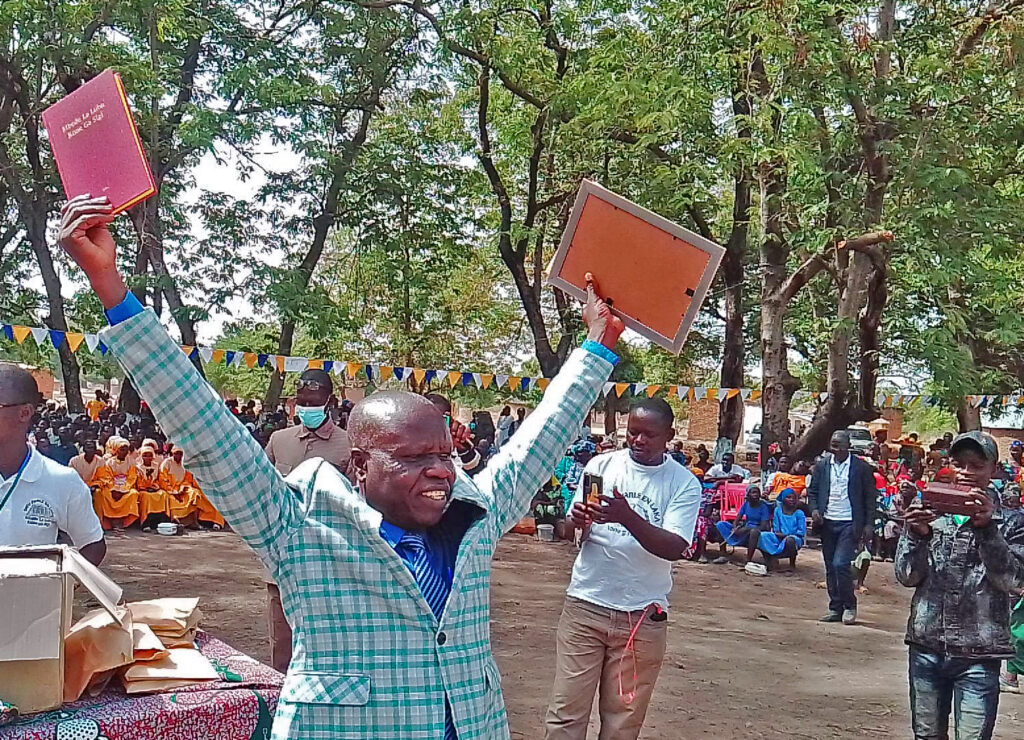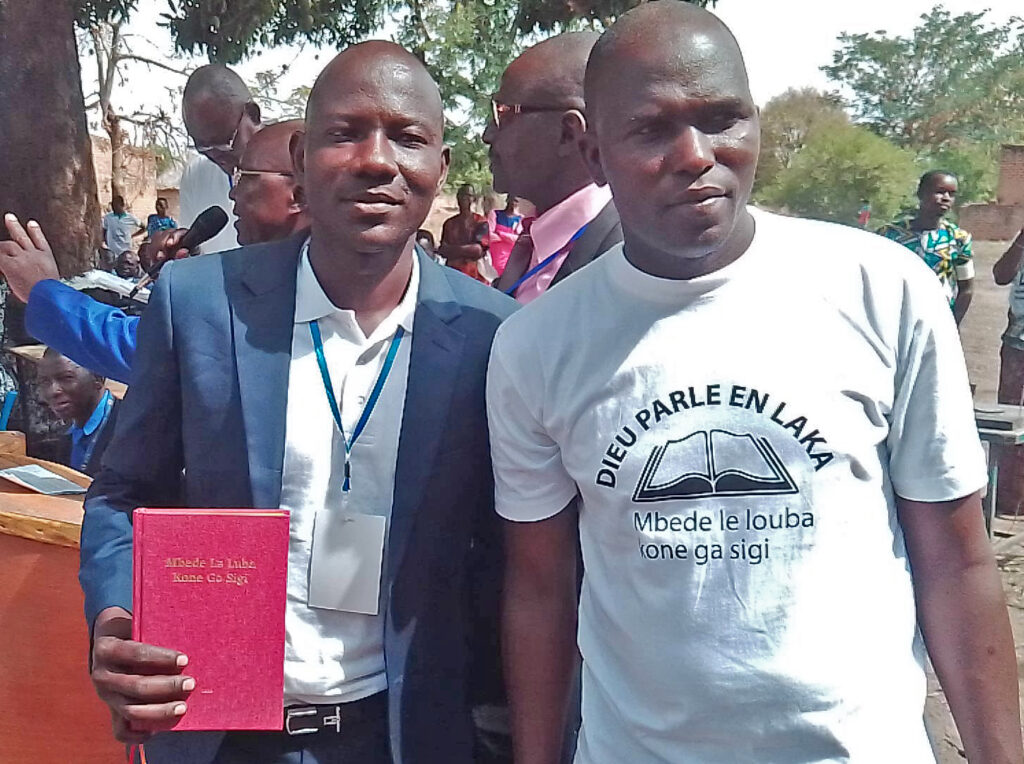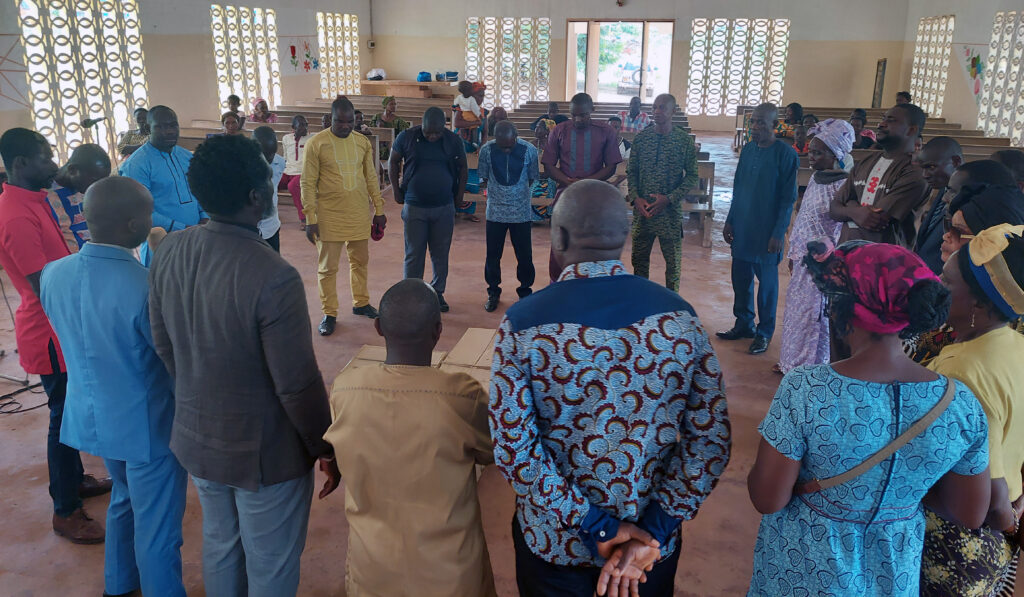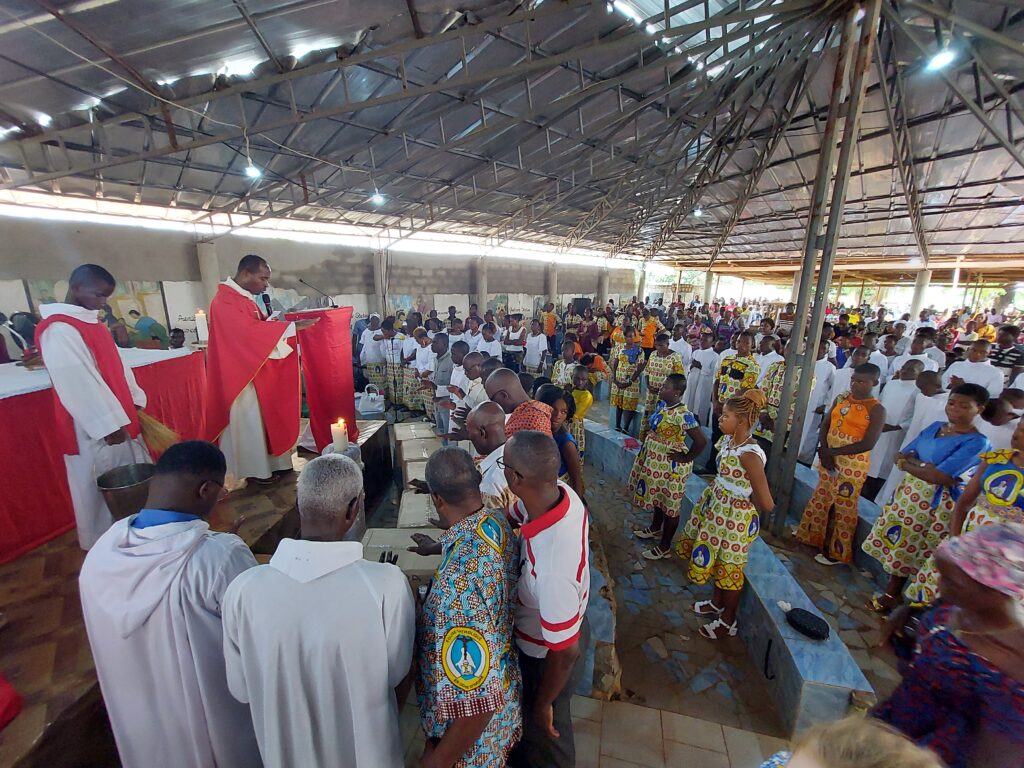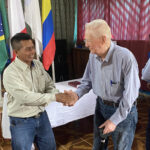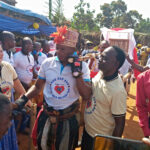Renewed Cultural Understanding
Recently our Aviation Department team in Papua New Guinea (PNG) spent time together working through some issues that had arisen between our pilots and our ground support staff. (Our pilots are from countries other than PNG, while most of the ground support staff are local to the area.) We wanted to create ways to work better together as a team and to be more effective in the overall aviation service we seek to provide.
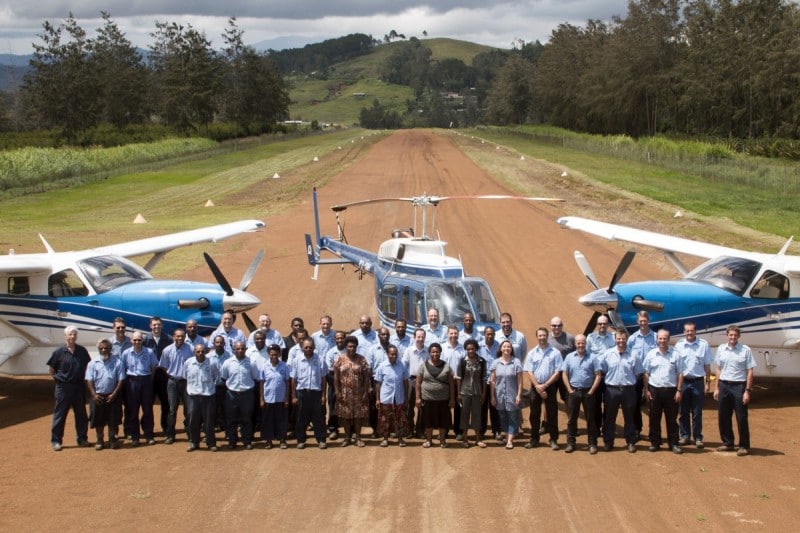
With the help of a facilitator, pilots and ground staff members raised and shared difficulties they were having with the other group. Both groups were surprised at how their own cultural norms had influenced the incorrect perceptions they had of each other. For instance, in our pilots’ world view, time and punctuality are highly valued, so the schedule is often “king.” Not so for ground staff. They are raised to place a high value on building and maintaining smooth interpersonal relationships. Strong relationships are at the core of most everything a Papua New Guinean does. If they perceive a problem with the relationship, work takes a back seat until the relationship is running smoothly again.
Consider this scenario: A time-oriented pilot shows up for work and promptly starts relaying instructions about fuel loading and the number of passenger seats he needs installed in the aircraft. At the forefront of his thought is on-time departure so other departures aren’t delayed throughout the day. He wants to ensure that all flying is completed before dark or the weather closes in. The ground staff person, upon observing the pilot, perceives there must be something wrong with his relationship with the pilot. He thinks, “He didn’t greet me or shake my hand first thing this morning. He didn’t even smile at me. He just started in with his instructions about what he wanted me to do and how quickly he wanted it done.” In the front of his mind is a strained relationship. Trying to work with a strained relationship is terrible and in some cases impossible and unsafe.
After discovering each other’s cultural differences and perceptions, we made plans to adjust our behavior and perceptions. The pilots decided to do things like coming in a few minutes earlier to allow time for a comfortable chat with the ground staff before jumping into the workday. Pilots also determined to show appreciation for the work of the ground staff and look for opportunities to compliment and thank them for their vital services. Ground staff purposed to give proper recognition to the time pressure the pilots are under and extend grace in relationships when needed. They also will try to get to the bottom of perceived relationship tension by going to their supervisor or to the pilot when they feel it is inhibiting their ability to work safely and efficiently.
I suppose we already knew about these cultural differences within our team. However, the session was a good reminder of the importance of acknowledging and respecting those differences as we work toward a common goal. It ended with many handshakes and good feelings all around. I left feeling that we had a stronger team who really care about one another and the awesome work we are privileged to take part in. I love the team God has placed me in here in PNG. We are quite a varied bunch of human beings, but we all are passionate about seeing God’s Word in everyone’s own language—transforming lives and































































